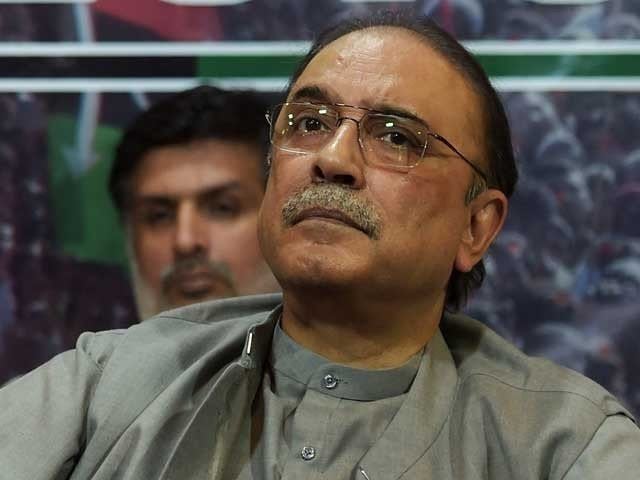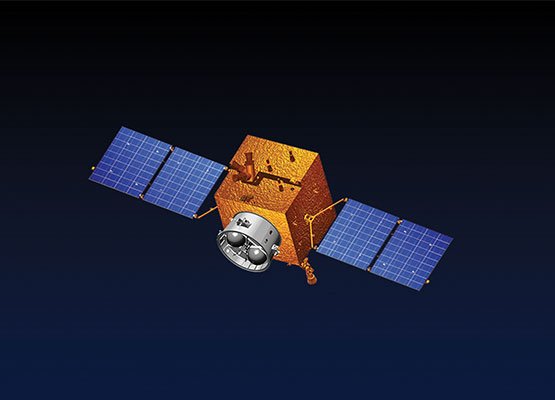On April 22, 2024, Pakistan’s Prime Minister Shehbaz Sharif met with Iranian President Ebrahim Raisi in Islamabad, and both leaders agreed to enhance their cooperation. They decided to hasten the process of signing a free trade agreement (FTA) and convert their common frontier into a “border of peace and friendship.” The two countries issued a joint statement that highlighted their historical, cultural, religious, and civilizational ties and reiterated their commitment to further strengthening their bonds through the promotion of academic, cultural, and tourism activities.
Undeterred by the implicit threats from the United States, Pakistan and Iran demonstrated their resilience and commitment to each other. The two nations, recognizing the potential for mutual growth, agreed on a series of measures to strengthen their bilateral cooperation. They pledged to enhance mutual interaction through regular high-level visits, a testament to their fraternal relations. The joint statement also acknowledged the potential of the Pakistan-Iran common border to be a ‘border of peace and friendship.’ Both sides reiterated the importance of cooperation and exchange of views between political, military, and security officials to combat shared threats such as terrorism, narcotics smuggling, human trafficking, hostage-taking, money laundering, and abduction.
The agreement between Pakistan and Iran also holds significant economic benefits. The two leaders committed to expanding trade and economic cooperation, with a particular focus on joint development-oriented economic projects. These projects include the establishment of joint border markets, economic free zones, and new border openings. The leaders set an ambitious target of boosting bilateral trade to $10 billion over the next five years. They also emphasized the importance of a long-term durable economic partnership and a collaborative regional economic and connectivity model. This model is especially crucial for the socio-economic development of Iran’s Sistan-Baluchestan province and Pakistan’s Balochistan province.
Pakistan and Iran also agreed to expeditiously finalize the Free Trade Agreement (FTA) and hold the next sessions of Annual Bilateral Political Consultations (BPC) and Joint Business Trade Committee (JBTC) as well as the 22nd round of the negotiations of the Joint Economic Commission (JEC) in the near future. They also agreed to facilitate a regular exchange of economic and technical experts, as well as delegations from Chambers of Commerce from both countries to intensify economic cooperation.
Moreover, the two countries stressed the importance of harnessing their respective geographic locations to promote connectivity between the two countries as well as with the broader region. They noted with satisfaction the progress made in the regular shipment of goods under the TIR Convention and agreed to fully operationalize the Convention to further promote efficient, speedy, and barrier-free trade between Pakistan and Iran. Both countries expressed firm resolve to enhance cooperation in connectivity, infrastructure development, and energy sectors. The two countries also agreed to expand mutually beneficial and enduring linkages between the sister ports of Gwadar and Chahbahar.
Lastly, both countries condemned terrorism in all its forms and manifestations and recognized that terrorism posed a common threat to regional peace and stability and presented a major impediment to the development of the region. They agreed to adopt a collaborative approach to confront this menace and to leverage the existing bilateral institutional mechanisms to effectively combat and counter this threat while fully upholding the principles of the UN Charter, particularly the principles of sovereignty and territorial integrity of member states.
Please, subscribe to the YouTube channel of republicpolicy.com
















































